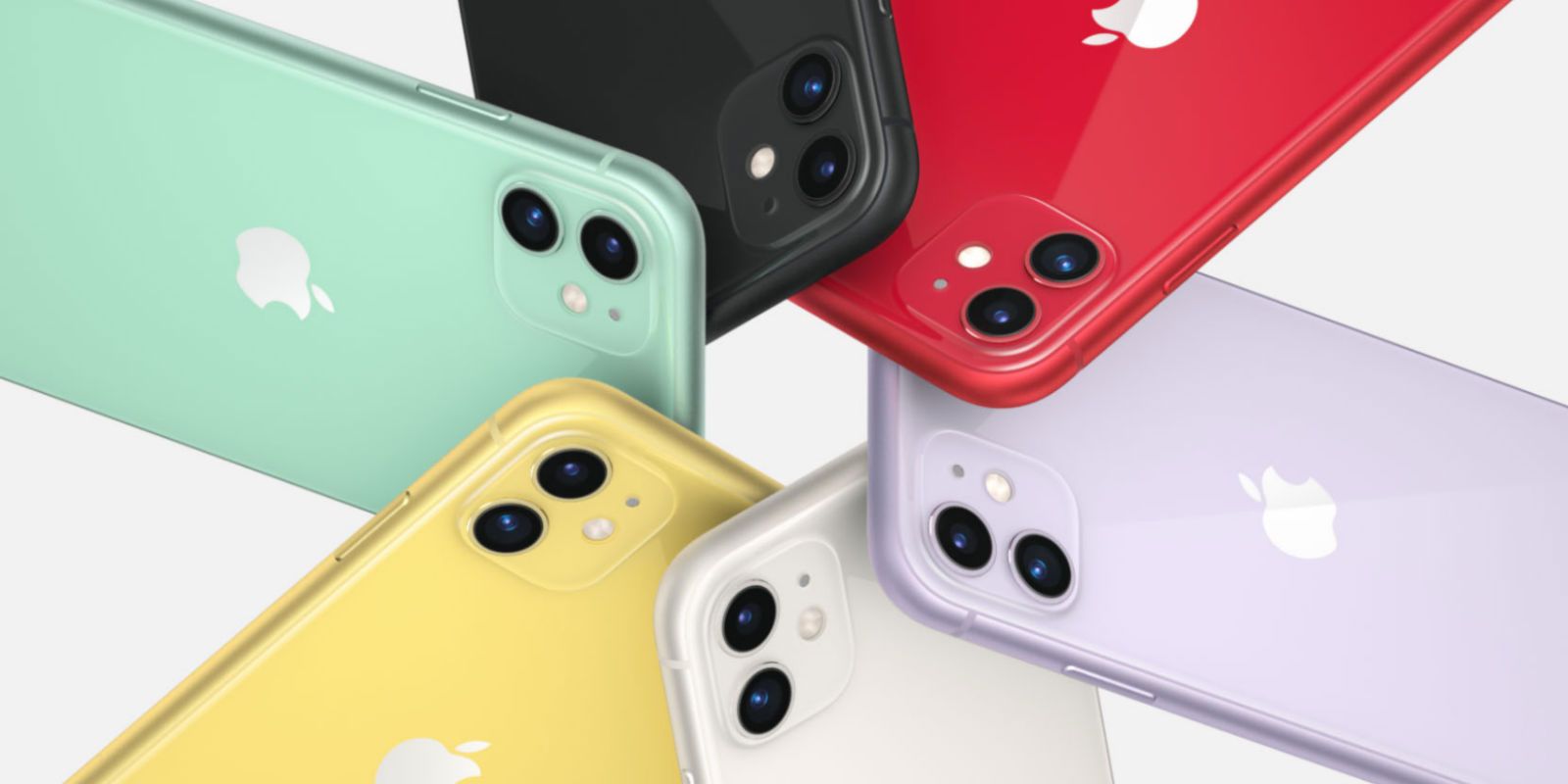According to security investigators, the iPhone 11 has been caught mysteriously transmitting private location data – even if all location services are completely disabled. Based on a recent marketing blitz by Apple Inc., the company and its mobile devices are all about security. With that in mind this discovery seems like it would be a major problem. But Apple says this isn’t a bug or a security leak, and is instead the result of how the new devices were designed to work.
Privacy has become a major concern with mobile devices over the last few years. That’s because our devices have unfettered access to all the information about our personal lives. Our devices know where we are, how fast we drive, what friends we spend time with, who we email and call, how much time we spend asleep, and the list goes on and on.
In response, companies like Apple have made it one of their key marketing points to advertise that their devices are all about privacy and user control of information. For example, in the Apple mobile operating system, iOS, users can control what apps have access to which data or services, and which functions of your phone (such as location services) are enabled.
How to Stop iPhone Apps From Tracking Your Location
iPhone apps should always ask permission before accessing your location for the first time, but with so many apps it’s easy to lose track of which ones have access. The easiest way to curate when and if individual apps can access your location is to open Settings, then Privacy, then Location Services. This will open up a list of apps on your phone and show you what kind of access they have. For each individual app you can choose to never allow location access, always allow it, or only allow it when you have the app open. However, stopping your iPhone from tracking your location completely isn’t possible for now – at least, not without turning it off entirely.
Ultra Wideband Tech Means iPhone is Always Tracking You
A recent report from the digital security firm KrebsOnSecurity revealed that the latest iPhone may be sharing your location data without your consent. The firm found that even with all location services disabled on an iPhone 11 running the latest version of iOS, the device was still periodically sending and requesting packets of location data. According to Apple, is that a new service called Ultra Wideband was responsible for this. Ultra Wideband, or UWB, is a technology that is designed to allow iPhone users to send and receive files when they are near each other with a high data throughput and without interfering with other devices. The service is not available everywhere for legal reasons, which is why the iPhone 11 needs to know if you are in an area where the service is allowed. Specifically, Apple told KrebsOnSecurity: “iOS uses Location Services to help determine if iPhone is in these prohibited locations in order to disable Ultra Wideband and comply with regulations.”
While UWB technology may be interesting and useful for some, one question remains – how can we turn it off? According to the report, you can’t. At least not yet. Apple has stated that there is currently no way to disable location services so that UWB won’t be able to ask for or send location data. The company has stated, however, that the option to disable this feature will be added eventually through an upcoming iOS update.
Expect an Update Soon
For now, if you’re someone who is dead set on maintaining absolute privacy, you may want to switch off your iPhone 11 for a few weeks, or at least until an update is released. Now that this security fumble has been revealed, it’s likely that Apple will respond sooner rather than later in order to maintain their outspoken commitment to privacy. Security failings are an unfortunate inevitability when dealing with technology as complex as mobile phones. Hopefully, Apple and other companies will learn from this experience and make sure that all their exciting new features come prepackaged with the necessary security features intact at launch, and not remain silent until an independent researcher discovers it.
Source: KrebsOnSecurity
